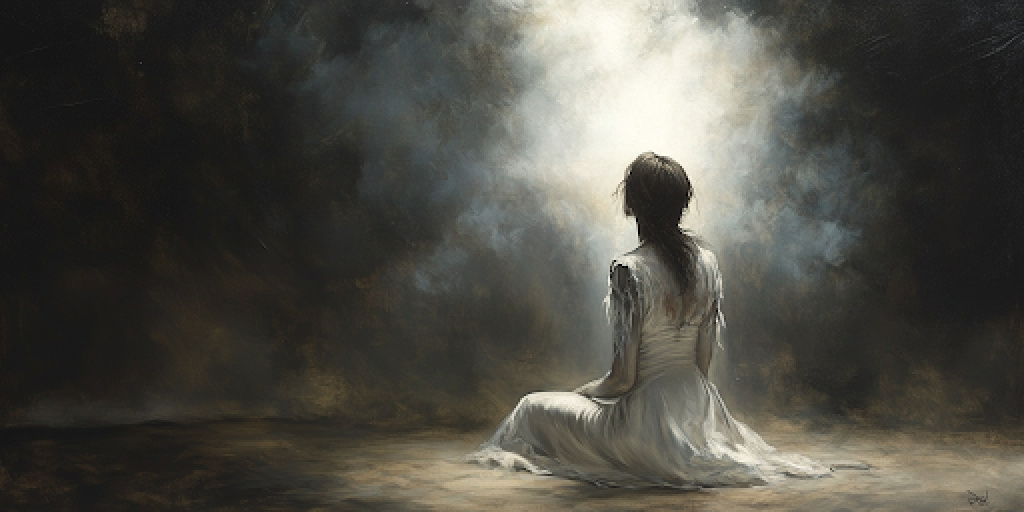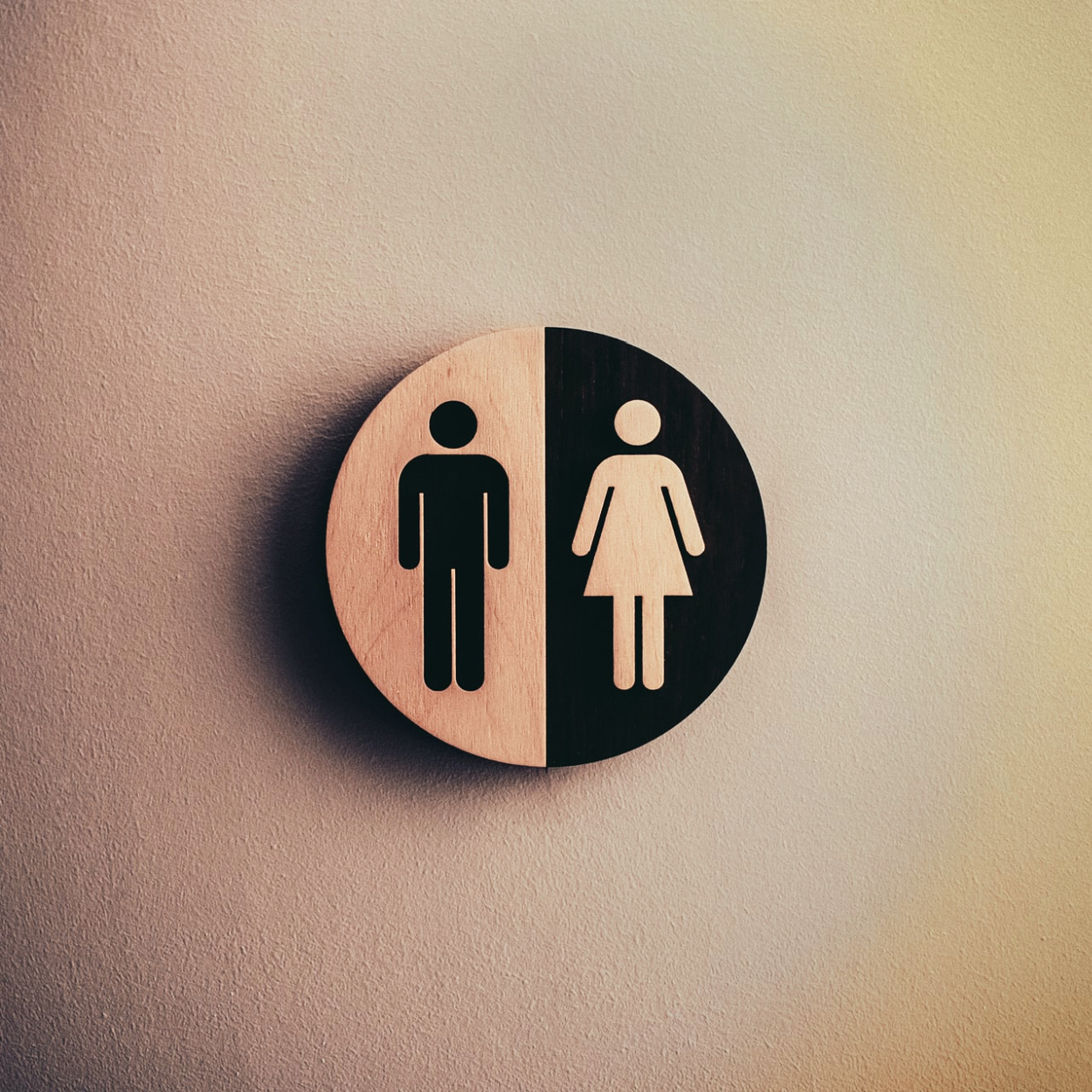BYU Studies is out with its newest edition.
https://byustudies.byu.edu/journal/61-1/
The entry, titled “The Restored Gospel and Good Government” includes an article from Thomas B. Griffith, one of the judges who recently testified on behalf of Ketanji Brown Jackson. Dieter F. Uchtdorf, and Dallin H. Oaks, also contribute.
Important scholars such as Melissa Wei-Tsing Inouye, and Susan Madsen add to the conversation.
Among the topics are the legacy of the late Senator Harry Reid. And across the board, the pieces are provocative additions to the important conversation we also engage in at Public Square. We recommend reading it.
The Mormon Women for Ethical Government have stepped in as guest editors for the issue. MWEG has played a tremendous role in amplifying the voice of Latter-day Saints in public discourse. And their steady call for increased civility comes at an important time. But the organization has often failed to create those kinds of conversations within its own community, which has often been described as rancorous and uncivil towards anyone but those within the center-left politics of the organization.
And the organization has also been criticized for representing itself as being more representative of Latter-day Saint women than it is in fact, an issue that their role as guest editors here may amplify. Latter-day Saint commentator Cassandra Hedelius writes, “I’m a Latter-day Saint woman, anti-Trump, and I love ethical government. But I disagree with them.”
Perhaps the most noteworthy criticism of the organization and issue is that MWEG sees itself as a neutral voice for political civility, and yet its positions are often explicitly left-wing.
Ivan Wolfe, a rhetoric instructor at Arizona State University has said, “While on the surface this is fine, the links in the footnotes indicate a pretty solid and unwavering support for progressive, Democrat (capital D partisan) changes.”
For example, the solutions posited for increased civility in this issue include reparations, praise for the Chinese communist school system, and changes to voter laws entirely in line with proposals from the Democratic party.
When viewed as a thoughtful, but largely partisan, call for increased civility from a non-representative group of Latter-day Saint women, the issue is a resounding success.
















